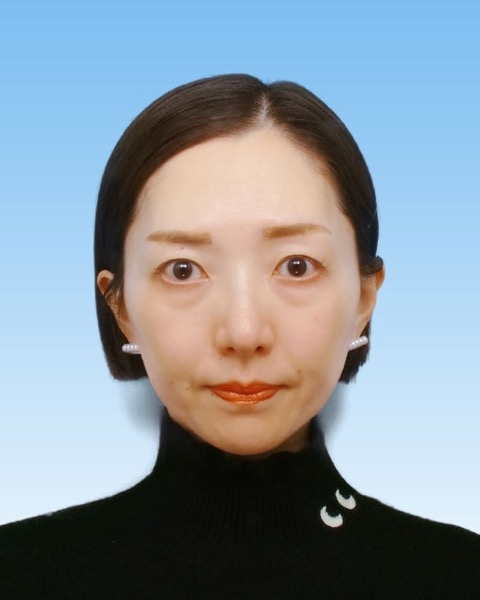Nephrology 2
Session: Nephrology 2
021 - Prevalence and a founder variant of CoQ10 biosynthesis defects with renal complications in Japan
Sunday, April 27, 2025
8:30am - 10:45am HST
Publication Number: 21.6105
Saori Miwa, the Jikei University School of Medicine, Minato-ku, Tokyo, Japan; Eri Imagawa, The Jikei University School of Medicine, Tokyo, Tokyo, Japan; Daishi Hirano, The Jikei university school of medicine, Ohta-ku, Tokyo, Japan; Kimihiko Oishi, The Jikei University School of Medicine, Tokyo, Tokyo, Japan

Saori Miwa, MD,PhD (she/her/hers)
Research Associate
the Jikei University School of Medicine
Minato-ku, Tokyo, Japan
Presenting Author(s)
Background: Since the kidneys have high energy demands, they are susceptible to renal complications due to mitochondrial dysfunctions such as Coenzyme Q10 (CoQ10) biosynthesis defects. Particularly, metabolic defects in autosomal recessive genes associated with CoQ10 biosynthesis, including PDSS2, COQ2, COQ6, and COQ8B, can cause steroid-resistant nephrotic syndrome (SRNS) , which histopathologically manifests as focal segmental glomerular sclerosis. Oral CoQ10 supplementation can ameliorate renal disease progression, highlighting the importance of precise genetic diagnosis for optimizing renal prognosis. Understanding the underlying genetic etiology, including estimated carrier and disease frequencies, is beneficial to facilitate a better diagnosis.
Objective: To characterize the carrier and disease frequencies of autosomal recessive CoQ10 biosynthesis defects commonly associated with renal manifestations among the Japanese population.
Design/Methods: We analyzed the allele frequencies (AF) of highly pathogenic variants associated with CoQ10 biosynthesis defects using the Japanese Multi-Omics Reference Panel 60KJPN. Counted variants included (1) disease-causing variants previously reported in cases of CoQ10 biosynthesis defects with renal symptoms listed in the Human Gene Mutation Database Professional 2024.3 and (2) presumed null variants. We analyzed four nuclear genes, PDSS2, COQ2, COQ6, and COQ8B, known to cause CoQ10 deficiency-associated glomerulonephropathy. Carrier and disease frequencies were calculated based on the Hardy-Weinberg equilibrium.
Results: The estimated carrier frequencies of pathogenic variants showed notable gene-specific variability, with COQ8B exhibiting the highest frequency of 1 in 435 Japanese individuals and PDSS2 the lowest of 1 in 8,772, following the order COQ8B > COQ2 > COQ6 > PDSS2. The overall combined carrier frequency across the genes was estimated at 1 in 203, translating to a disease frequency of 1 in 439,786 for any type of the four diseases in the Japanese population. Additionally, we identified a probable founder variant, p.Ser246Asn, in COQ8B, with a carrier frequency of 1 in 723, which has been reported in other East Asian populations, suggesting a founder effect.
Conclusion(s): Our findings suggest that a subset of patients with SRNS due to CoQ10 deficiency exists, particularly with a higher prevalence of the COQ8B founder variant in Japan. Given the limited number of reported cases, many patients may remain undiagnosed. Since these CoQ10 biosynthesis defects are often treatable, it is essential to establish infrastructure for accurate diagnosis through appropriate testing.

